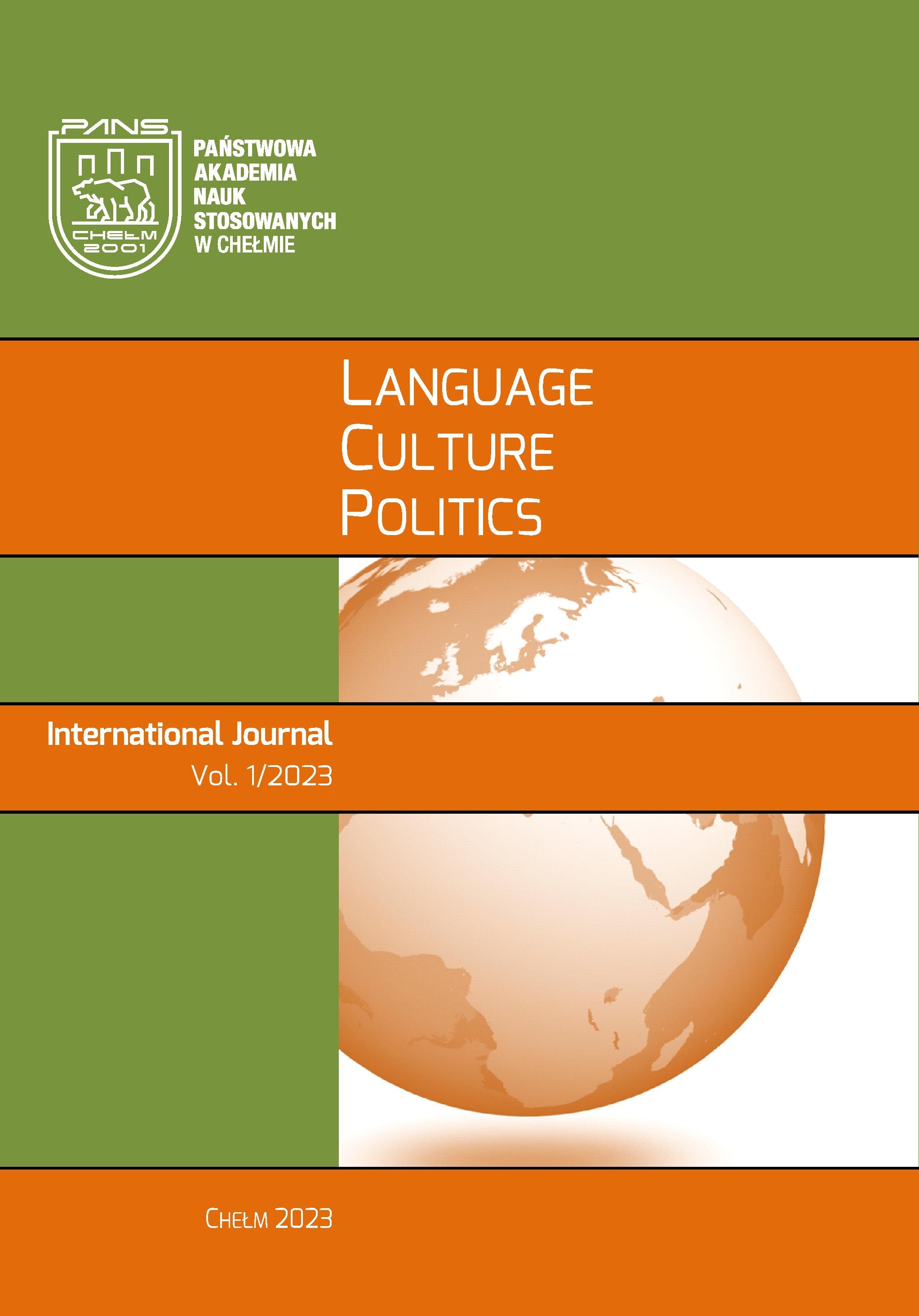Exploring the Final Frontier: The Significance of Space Diplomacy in a Rapidly Evolving Cosmos
DOI:
https://doi.org/10.54515/lcp.2023.1.271-284Ключевые слова:
outer space, diplomacy, space diplomacy, international cooperation, ISS, UkraineАннотация
Space exploration has become a collaborative endeavour, transcending national boundaries and necessitating the establishment of space diplomacy. This article delves into the significance of space diplomacy in a rapidly evolving cosmos, and explores its definition, historical context, and the role of international treaties. As the cosmos continues to rapidly evolve, space diplomacy becomes ever more vital for managing conflicts, promoting sustainable space activities, and fostering cooperation among spacefaring nations.
The article explores the main stages of international cooperation in the space domain, defines the concept of "space diplomacy" and its peculiarities, and outlines key partnerships, challenges, and opportunities for future cooperation in space exploration. The article analyses the impact of Russia’s war against Ukraine on international relations in the space domain and attempts to predict future space alliances influenced by terrestrial policies.
Библиографические ссылки
Address by President John F. Kennedy to the UN General Assembly from 25 Sept 1961. US Department of State. https://2009-2017.state.gov/p/io/potusunga/207241.htm, 13.05.2023.
Arbatov, A., Dvorkin, V. (2010). Outer Space: Weapons, Diplomacy, and Security. Carnegie Endowment for International Peace.
Bello, J.-M. (2019). “Preventing a Cold War in Space Using European Research and Innovation Programs”. In: Science & Diplomacy, vol. 8, no. 1.
Bowen, B. (2022). Original Sin. Power, Technology and War in Outer Space. London: C. Hurst & Co.
Burbach, D. (2022). Early lessons from the Russia-Ukraine war as a space conflict. https://www.atlanticcouncil.org/content-series/airpower-after-ukraine/early-lessons-from-the-russia-ukraine-war-as-a-space-conflict/, 13.05.2023.
Doboš, B. (2019). Geopolitics of the Outer Space: A European Perspective. Springer Cham.
Fernholz, T. (2020). Rocket Billionaires: Elon Musk, Jeff Bezos, and the New Space Race. Boston: Mariner Book.
Hays, P. (2007). “Towards a theory of spacepower”. In: Space Policy, no. 23(4).
Hitchens, T. (2018). Forwarding Multilateral Space Governance: Next Steps for the International Community. https://cissm.umd.edu/research-impact/publications/forwarding-multilateral-space-governance-next-steps-international, 13.05.2023.
Kaul, S. (2020) “Is NASA’s Artemis Accords agreement Moon-proof?” In: Room. UK: Buxton Press. no. 4.
McMaster, H. (2020). Battlegrounds: The Fight to Defend the Free World. New York: HarperCollins Publishers.
Miller, T. (2004). “Partnership – The Way of the Future for the International Space Station''. In: NPMA 16, no. 5.
Oberhaus, D. (2020). “How Cold War Politics Shaped the International Space Station”. In: Smithsonian Magazine. https://www.smithsonianmag.com/science-nature/how-cold-war-politics-shaped-international-space-station-180975743/, 13.05.2023.
Payette, J. (2012). “Research and Diplomacy 350 Kilometers above the Earth: Lessons from the International Space Station”. In: Science & Diplomacy, vol. 1, no. 4.
Sheehan, M. (2007). The International Politics of Space (1st ed.). Routledge.
Shounak, S. (2015). “The International Relations of Outer Space: Changes, Continuities, and Contextualities”. In: Jadavpur Journal of International Relations, no. 19(2).
Smithsonian National Air and Space Museum, Reflection on Post-Cold War Issues for International Space Cooperation, Smithonian, May 23, 2010. https://airandspace.si.edu/stories/editorial/reflections-post-cold-war-issues-international-space-cooperation, 13.05.2023.
Stuart, J. (2014). Exploring the relationship between outer space and world politics: English School and regime theory perspectives. PhD thesis, London School of Economics and Political Science. http://etheses.lse.ac.uk/2979/1/U615931.pdf, 05.05.2023.
The Cupuos guidelines were published, over Russia’s objections, as Annex II to the 2019 “Report of the Committee on the Peaceful Uses of Outer Space,” A/74/20. https://www.unoosa.org/oosa/en/oosadoc/data/documents/2019/a/a7420_0.html, 13.05.2023.
Treaty on Principles Governing the Activities of States in the Exploration and Use of Outer Space, including the Moon and Other Celestial Bodies (1967). https://www.unoosa.org/oosa/en/ourwork/spacelaw/treaties/introouterspacetreaty.htm, 13.05.2023.
Загрузки
Опубликован
Выпуск
Раздел
Лицензия

Это произведение доступно по лицензии Creative Commons «Attribution» («Атрибуция») 4.0 Всемирная.










